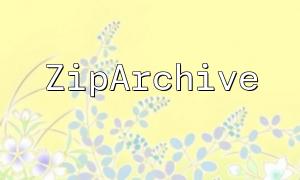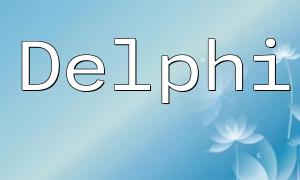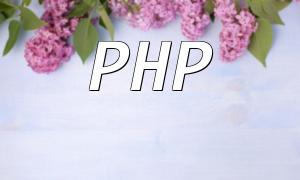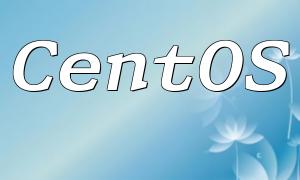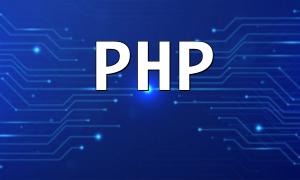The Importance of Java and PHP in Modern Development
Java and PHP are two of the most widely used programming languages in modern software development. Each plays a key role in different domains—Java in enterprise systems and PHP in web development. This article provides an in-depth comparison of the two, exploring their relationship, strengths, and ideal use cases.
Overview of Java and PHP
Java is a general-purpose, object-oriented programming language known for its platform independence, performance, and a rich ecosystem of libraries. It's extensively used in enterprise development, mobile apps, and large-scale systems.
PHP, on the other hand, is a scripting language specifically designed for web development. It is simple, fast to learn, and widely adopted by small to medium businesses and individual developers. PHP powers dynamic websites and rapid web application prototyping.
Advantages of Java
Key advantages of Java include:
- Strong cross-platform support, enabling “write once, run anywhere” development
- High performance through JVM optimization
- A mature ecosystem for building robust, large-scale applications
- Excellent for backend microservices with frameworks like Spring Boot and Spring Cloud
Advantages of PHP
PHP offers the following benefits:
- Simple syntax, ideal for beginners
- Optimized for web development with frameworks like Laravel and Symfony
- Large community support and rich plugin ecosystem
- Easy and fast deployment for small to mid-sized web projects
Common Use Cases for Java
Java is typically used in:
- Enterprise applications such as ERP and CRM systems
- Android mobile app development
- Distributed systems and microservices
- Industries requiring stability and security, including finance and healthcare
Common Use Cases for PHP
PHP is well-suited for:
- Dynamic content websites powered by CMS platforms like WordPress or Drupal
- E-commerce platforms developed with Magento or similar frameworks
- Rapid prototyping for startups and MVPs
- Backend services for web applications
Complementary Use of Java and PHP
Java and PHP are not mutually exclusive and can complement each other in multi-tiered systems. For instance:
- Use Java for backend services that require high performance and scalability
- Deploy PHP to quickly build frontend interfaces or admin panels
- Combine the strengths of both ecosystems for efficient development
Technology Selection Tips
The choice between Java and PHP should depend on project requirements and team expertise:
- Use Java for complex, secure, and high-performance systems
- Choose PHP for projects with tight deadlines, limited budgets, or fast deployment needs
- Hybrid systems can leverage both languages for greater flexibility and scalability
Conclusion
Java and PHP each bring unique advantages to the table. Understanding their characteristics and use cases helps developers make informed decisions when selecting a technology stack. In many modern architectures, combining both can result in efficient and scalable solutions.
